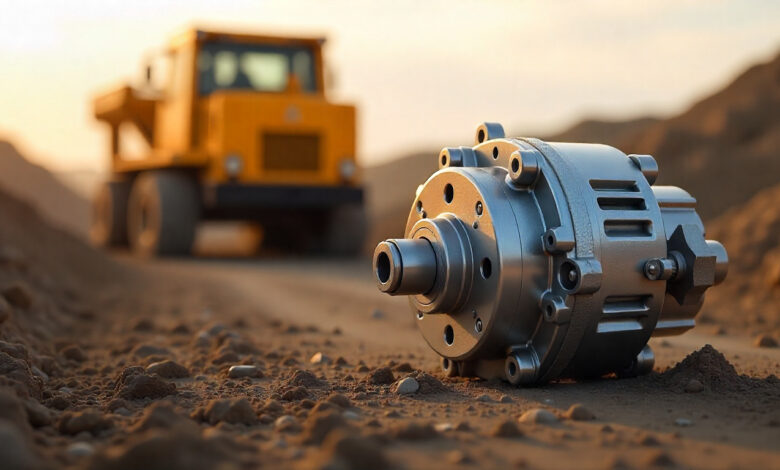What Really Drives Strength and Speed in Construction?

Efficiency, durability, and smart use of materials are key factors in modern construction projects. Businesses that focus on optimising processes while maintaining high standards of quality can achieve faster timelines, safer operations, and long-lasting results. By understanding the role of materials, machinery, and structural components, construction teams can make informed decisions that enhance both strength and speed on site.
The Role of Structural Steelwork
One of the most important elements in achieving strong and reliable buildings is structural steelwork. Steel provides unmatched durability, flexibility, and load-bearing capacity, making it a preferred choice for frameworks in both commercial and residential projects. Its strength-to-weight ratio allows architects and engineers to design innovative structures without compromising safety.
For construction businesses, incorporating steelwork strategically accelerates project timelines. Prefabricated steel components can be manufactured off-site and assembled quickly on location, reducing downtime and labour requirements. The precision of structural steel also ensures consistent quality, minimising errors and enhancing the overall reliability of the build. When durability and efficiency are priorities, investing in high-quality steelwork lays a strong foundation for every aspect of the construction process.
Maximising Efficiency with Scrap Shears
Construction sites generate a significant amount of scrap material, which, if not managed effectively, can slow progress and increase costs. Using a scrap shear provides a practical solution for processing metal waste efficiently. These machines cut, shape, and reduce scrap into manageable sizes, allowing for easier disposal, recycling, or reuse.
For businesses, scrap shears offer multiple operational advantages. They reduce clutter on-site, improve safety by eliminating sharp or unstable debris, and streamline recycling processes. By handling scrap quickly and effectively, construction teams can maintain a clean and organised work environment, which directly contributes to smoother workflows and faster project completion. Incorporating efficient scrap management also supports sustainable practices, a growing consideration for many companies in the industry.
Enhancing Versatility with Concrete Crushers
Another essential tool for modern construction is the concrete crusher. Concrete demolition produces large volumes of rubble, which can be difficult to transport and dispose of without the right equipment. Concrete crushers break down hard materials into smaller, reusable aggregates, enabling easier handling and potential recycling for new construction projects.
Businesses benefit from the use of concrete crushers by reducing disposal costs and minimising environmental impact. Crushed concrete can be repurposed as aggregate for foundations, roads, or landscaping, providing both financial and ecological advantages. Additionally, having a crusher on-site speeds up demolition and preparation work, allowing teams to move seamlessly from tearing down old structures to building new ones without unnecessary delays.
Combining Materials and Machinery for Greater Impact
Construction strength and speed are maximised when the right combination of materials and machinery is employed. Structural steelwork ensures the integrity and longevity of frameworks, while equipment like scrap shears and concrete crushers streamlines on-site processes. Each element serves a specific purpose, yet together they create a cohesive system that enhances productivity and reduces inefficiencies.
Planning for the integration of these tools involves understanding site requirements, project timelines, and resource allocation. Businesses that anticipate material needs and incorporate appropriate machinery can achieve smoother operations, fewer bottlenecks, and a higher standard of work. This strategic approach also allows for better cost control and more predictable project outcomes.
Prioritising Safety and Performance
Strength and speed in construction are not solely about materials and machinery—they also rely on maintaining a safe and well-organised environment. Efficient workflows, proper handling of equipment, and adherence to safety standards ensure that teams can work quickly without compromising quality. Structural steelwork, scrap shears, and concrete crushers all play a role in this, as each contributes to predictable and controlled processes when used correctly.
Training staff in the correct operation of machinery and the proper handling of materials is essential. Businesses that invest in both equipment and skill development reduce the likelihood of accidents, protect assets, and maintain momentum across the project. Safety-conscious practices allow teams to work efficiently, confident that both personnel and structures are secure.



